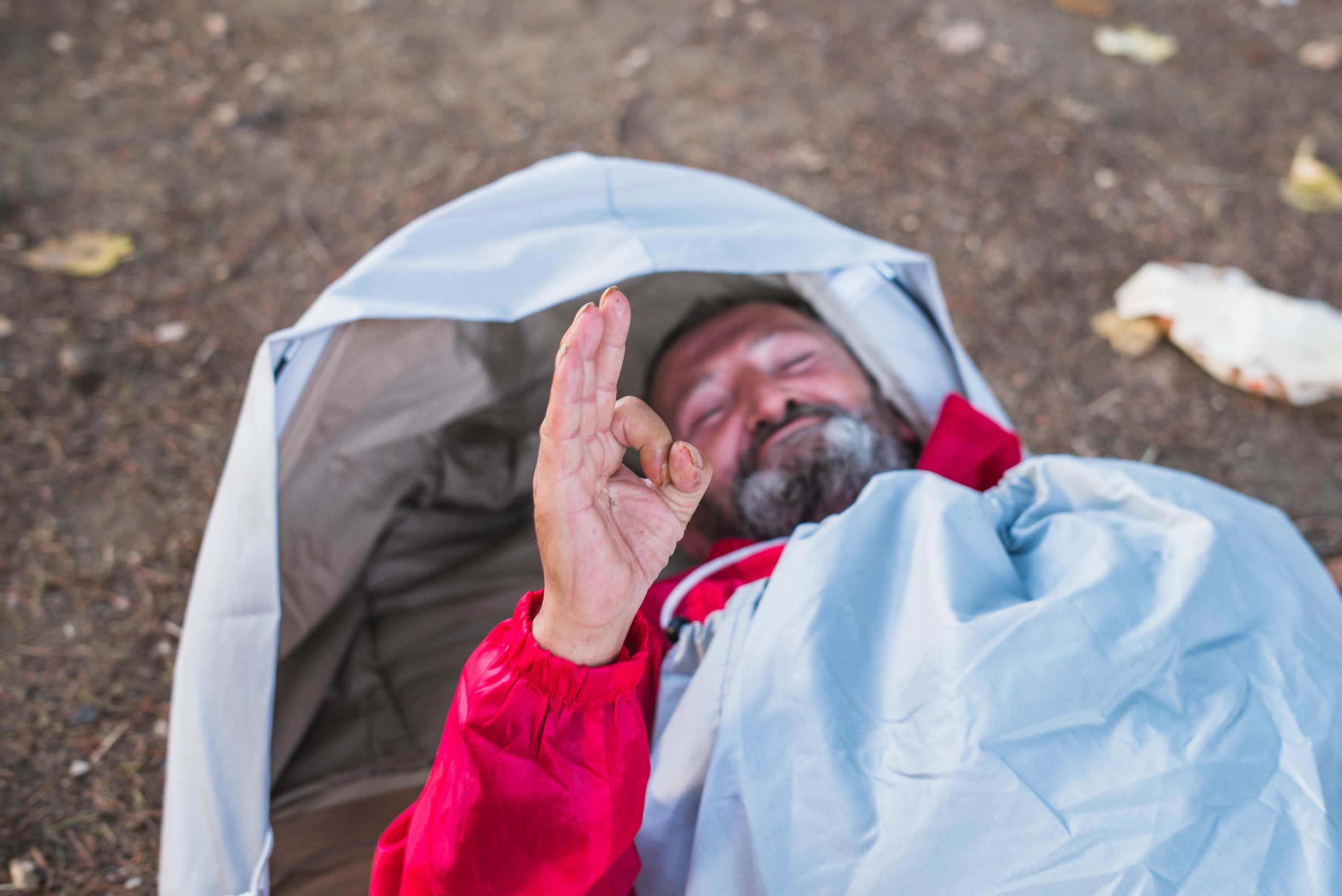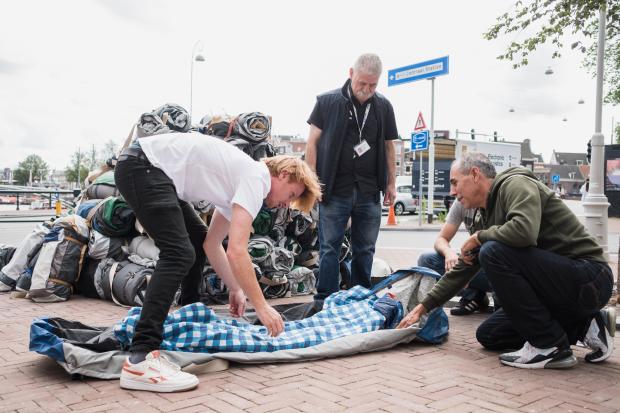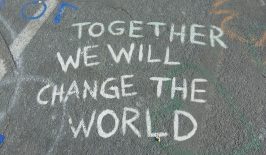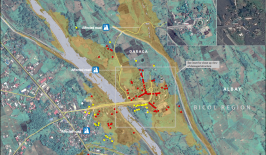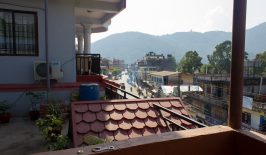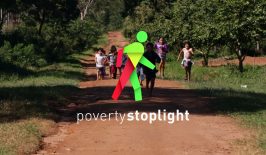For people without a secure place to live, the winter months are particularly hard. While it’s difficult to get an accurate picture of homelessness rates around the world, the last time a global survey was attempted – by the UN in 2005 – there were an estimated 100 million people homeless throughout the world. While there were as many as 1.6 billion people who were deemed to be lacking adequate housing.
With the Sheltersuit Foundation, Dutchman Bas Timmer has an innovative idea for how to make the lives of those people a little safer and more comfortable: a weatherproof, warm jacket that can easily be converted into a sleeping bag or folded into a portable bag – the so-called Sheltersuit.
Designing for Human Dignity
A fashion graduate, Bas Timmer came up with the idea for the Sheltersuit after a friend of his father’s died of hypothermia when living on the streets. That’s when he decided to use his education to help people, rather than to design expensive fashion trends – and began to develop multifunctional clothing that would offer people living on the streets with protection, warmth and dignity free of charge. In addition to the Sheltersuit for cold nights, this also resulted in the so-called Shelterbag, a summer version of the suit that looks more like a tent and is designed for warmer regions.
To ensure that the Sheltersuit and Shelterbag reach those in need, the foundation cooperates with local NGOs. In addition, the foundation relies on recycling materials, such as old sleeping bags, in order to make production as climate-friendly as possible – in contrast to the majority of the fashion industry. Bas Timmer’s initiative also aims to help people without housing out of poverty and offers them jobs in the production of the multifunctional clothing.
By now, the Sheltersuit Foundation not only has a location in Enschede in the Netherlands with 14 employees and 27 volunteers, but also in the U.S. and South Africa. And since they started work in 2014, Sheltersuits have been distributed to more than 6,000 people living on the streets or in refugee camps.
This is a translation of an original article that first appeared on RESET’s German-language site.
